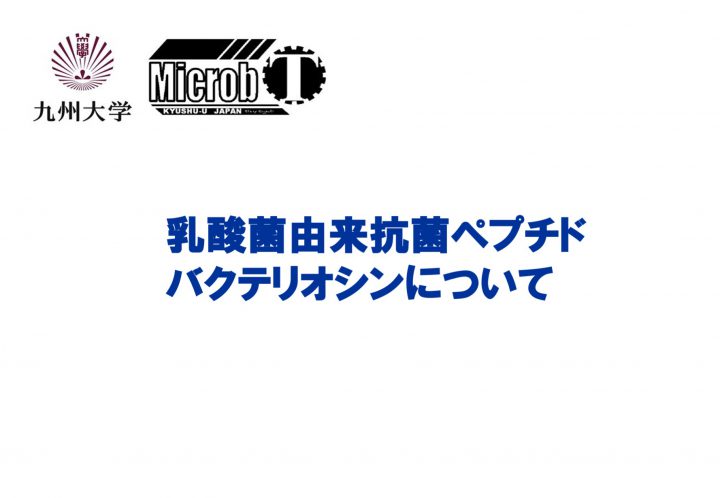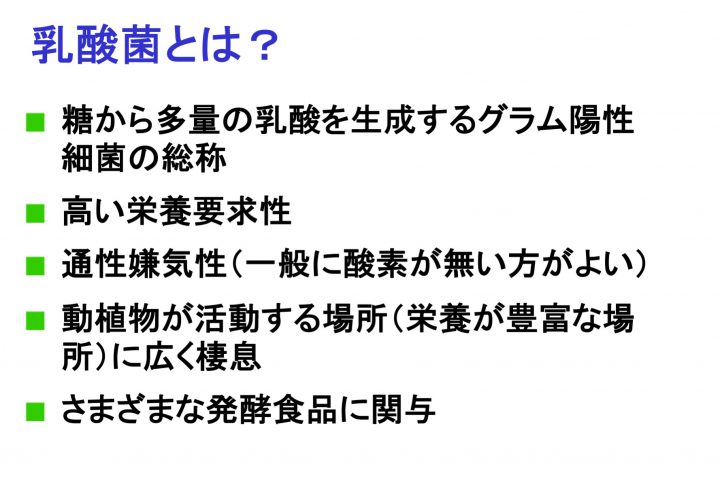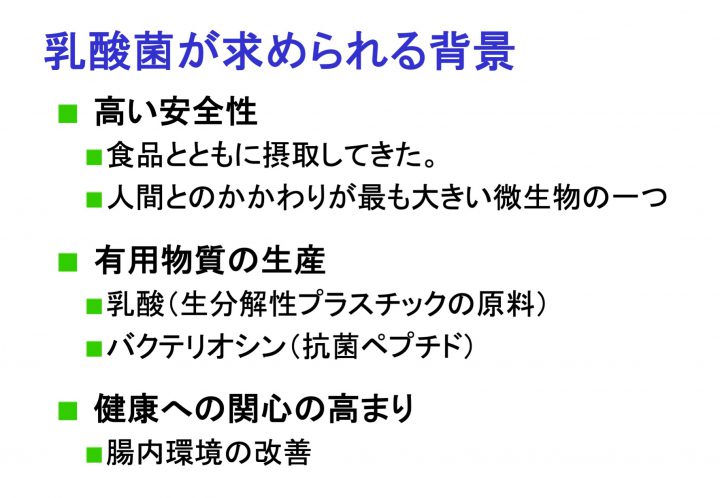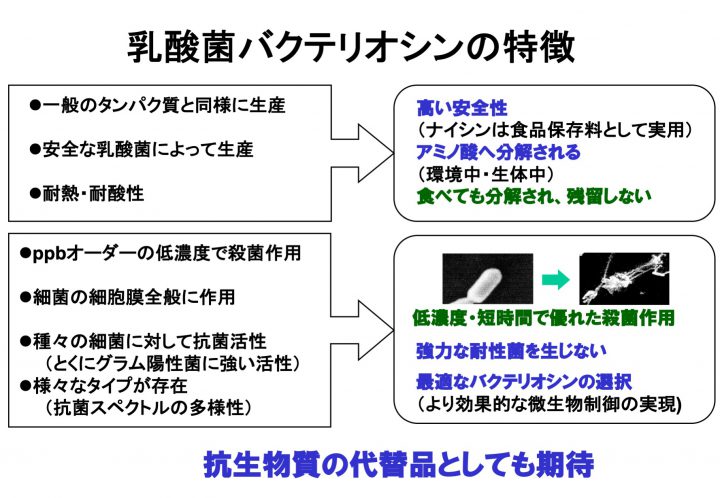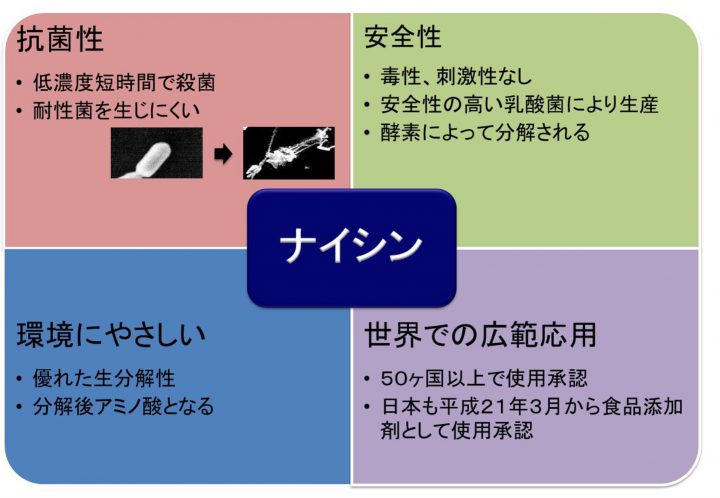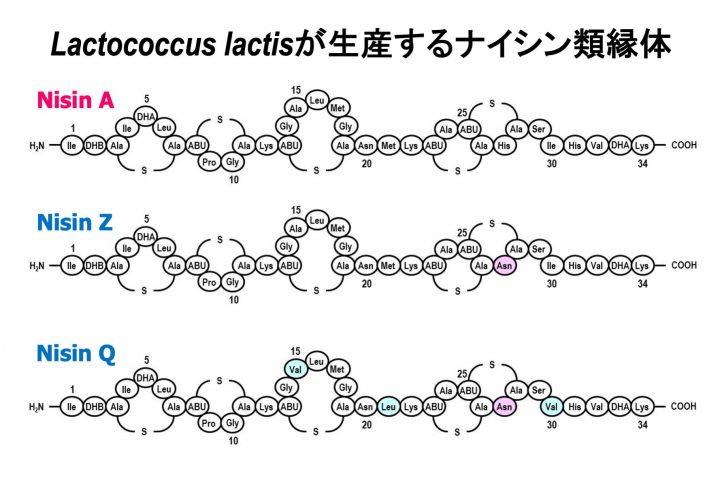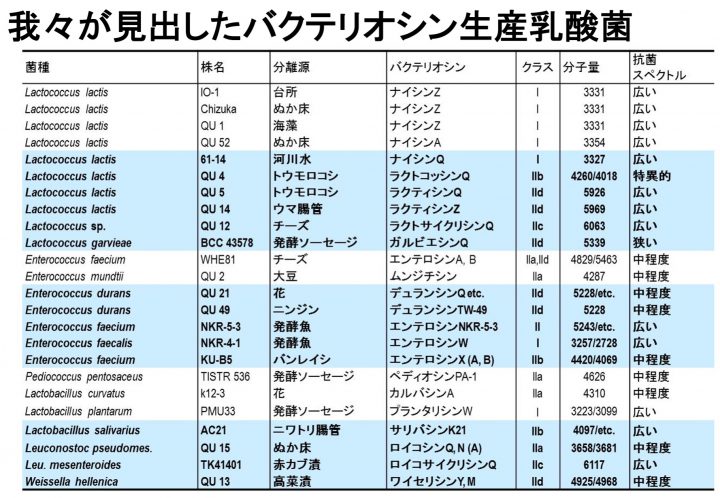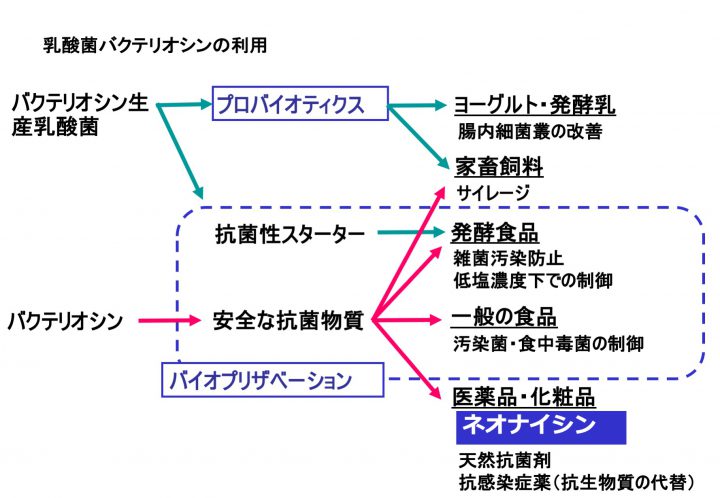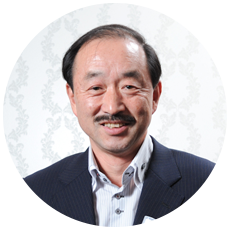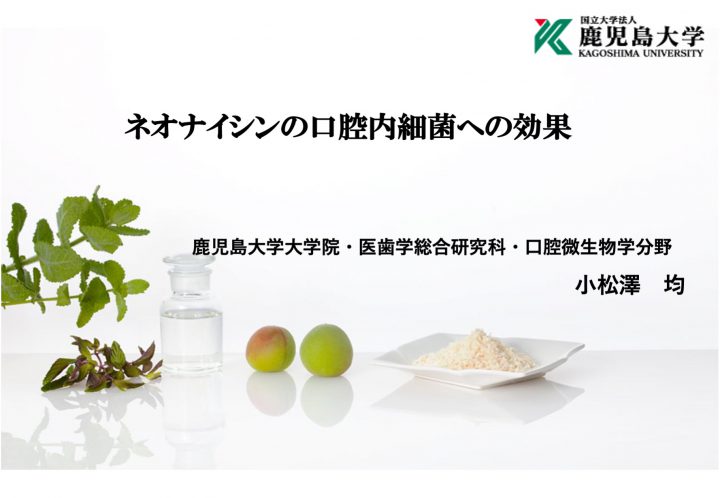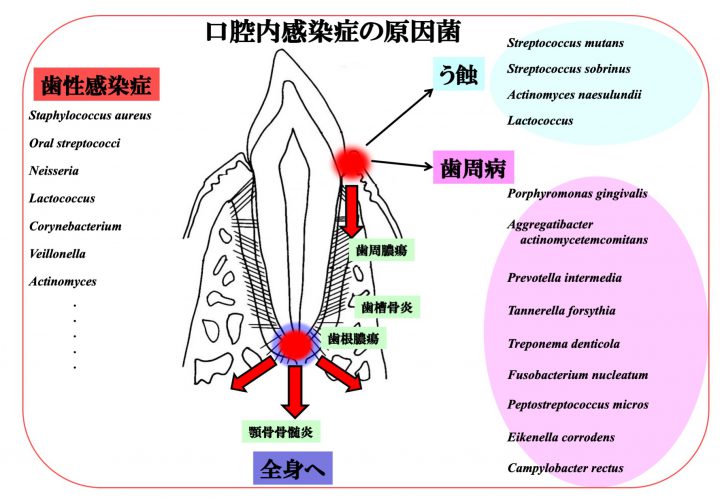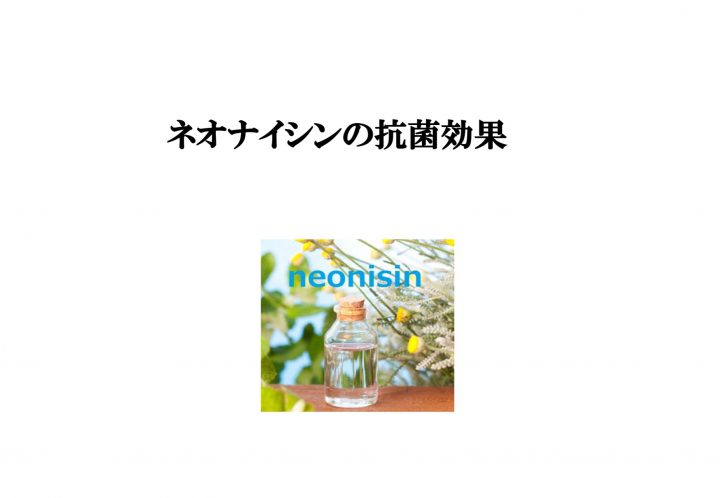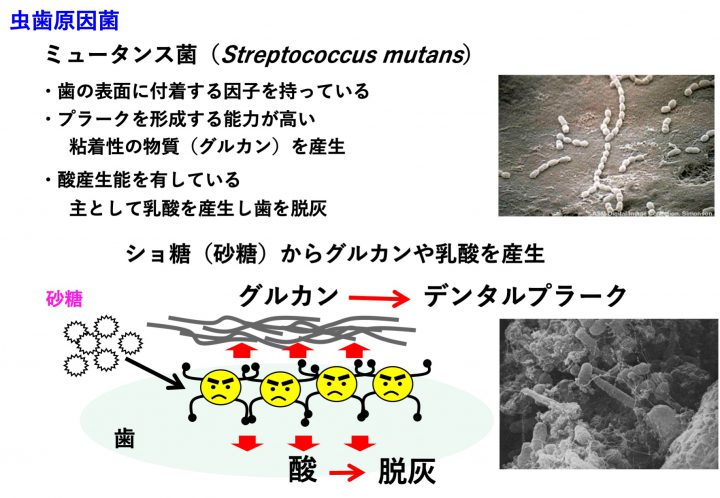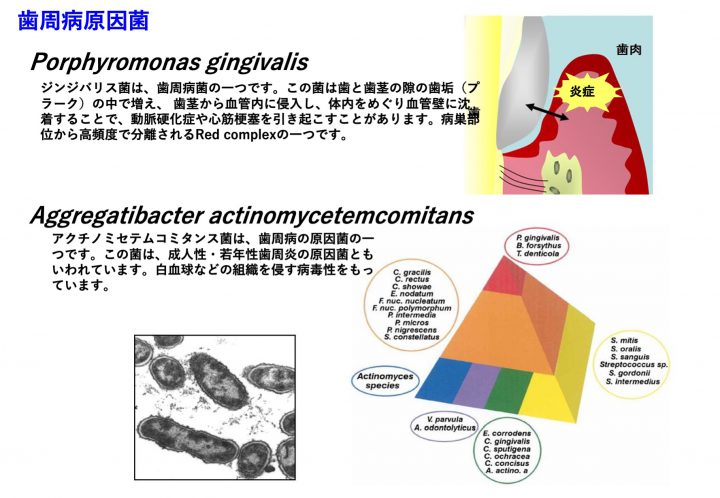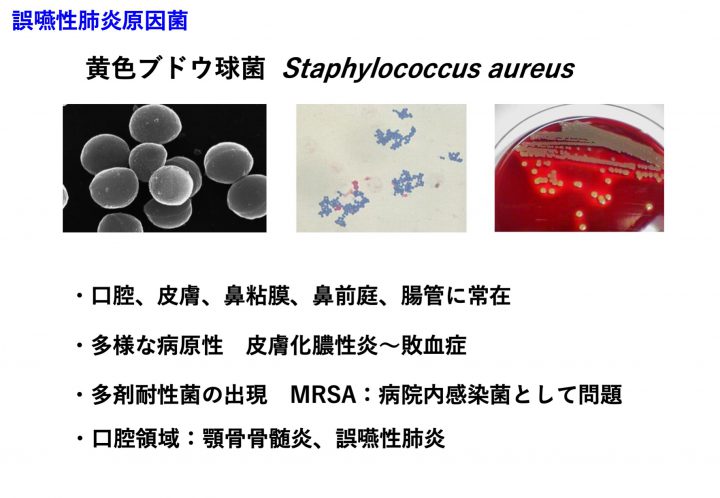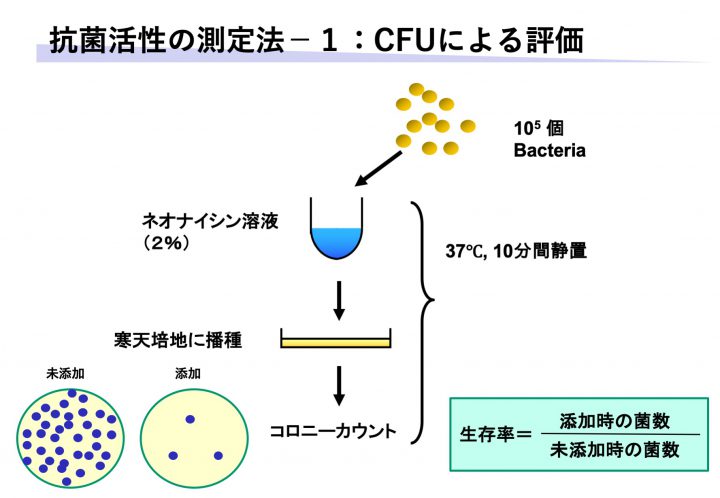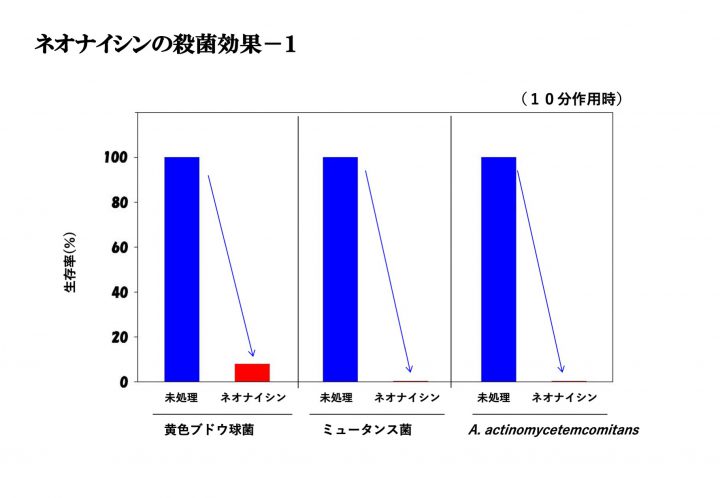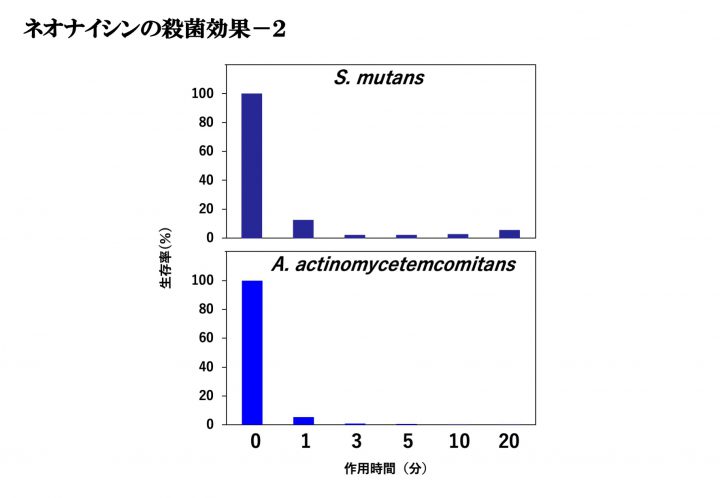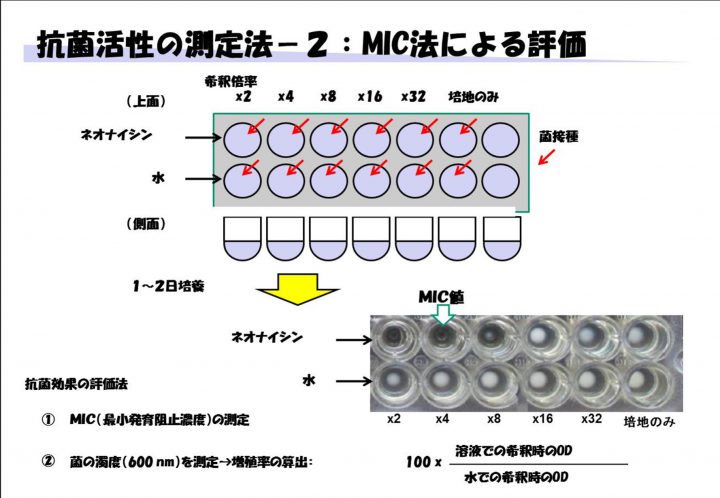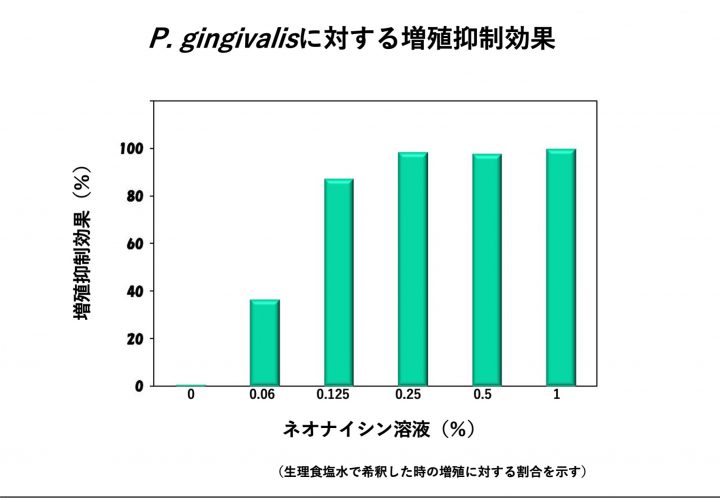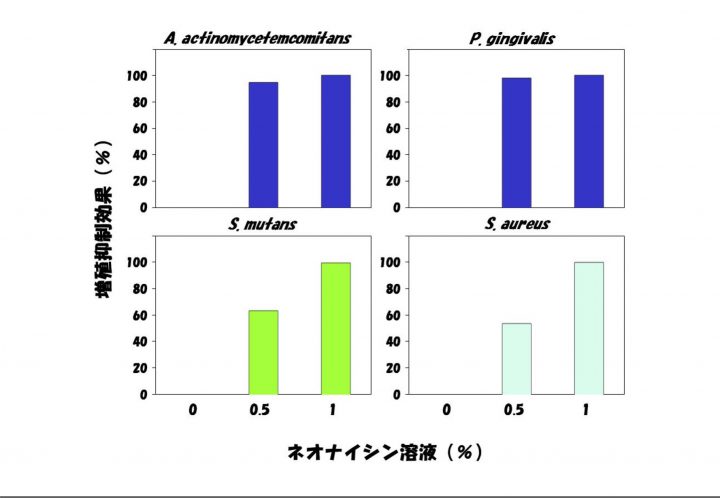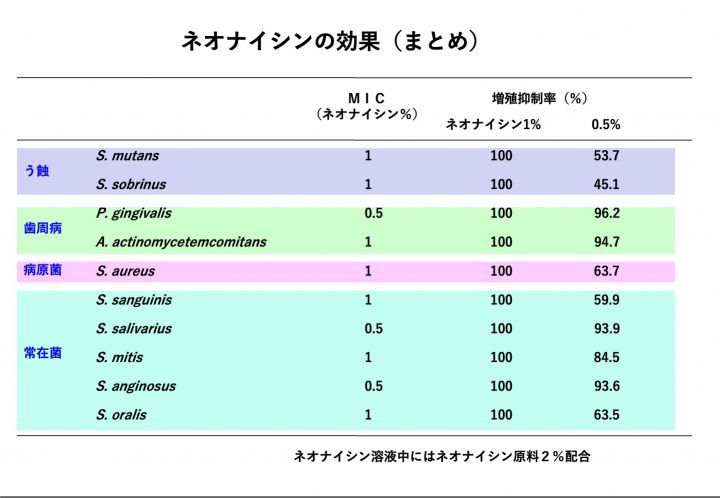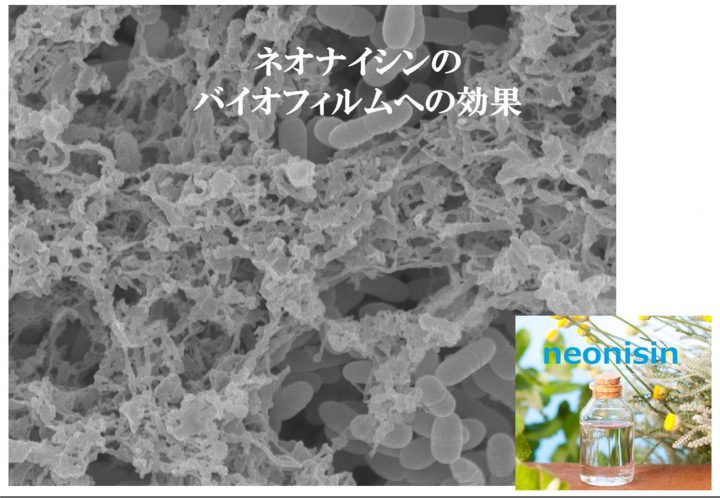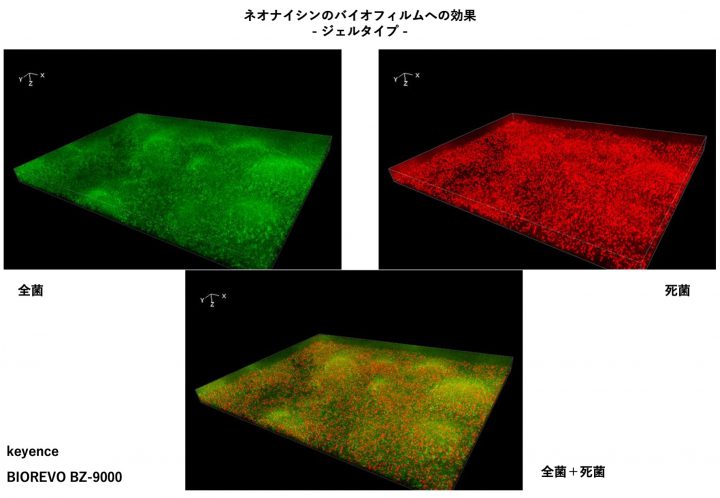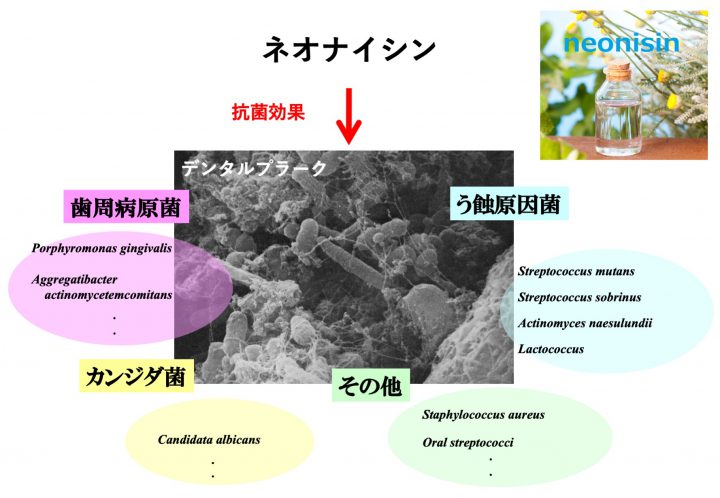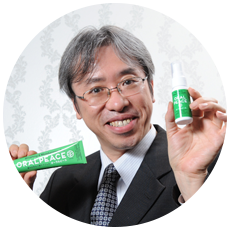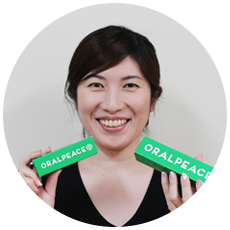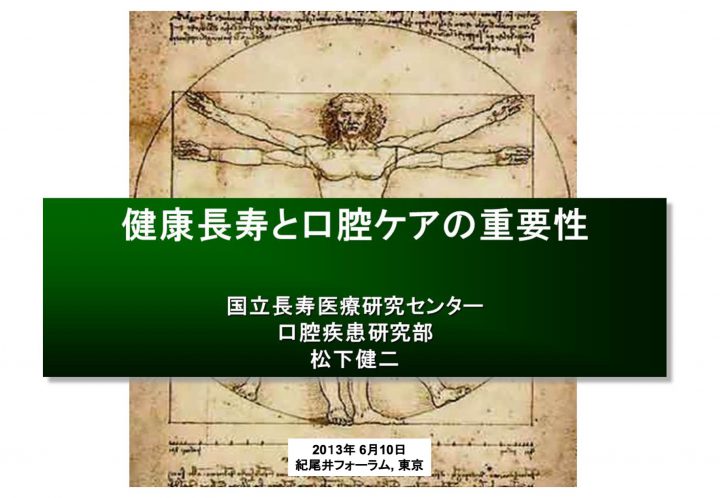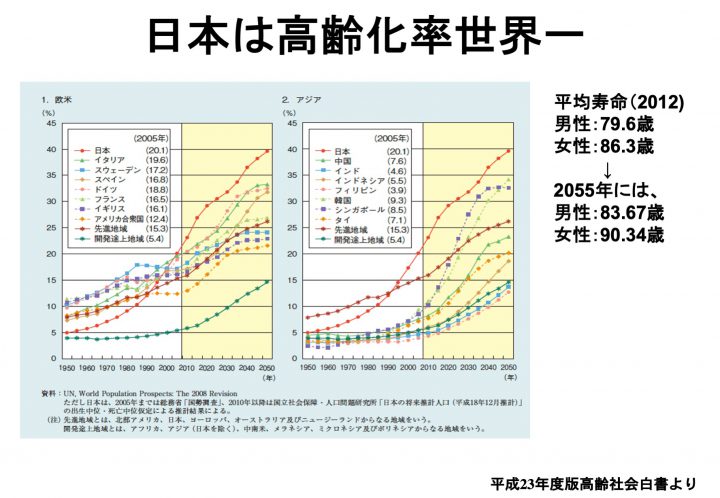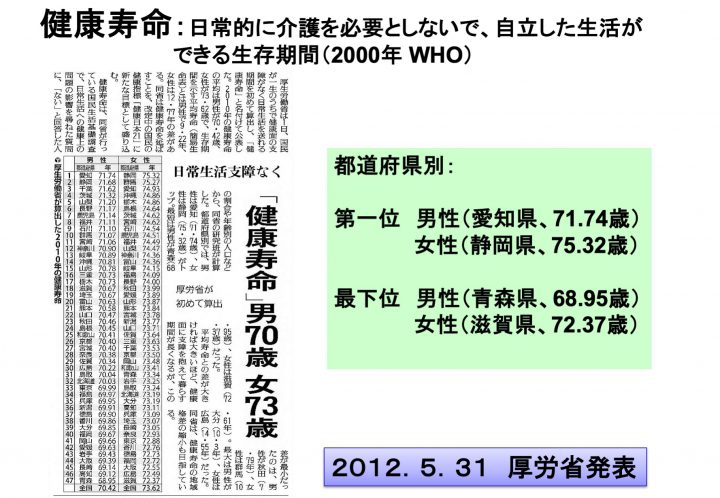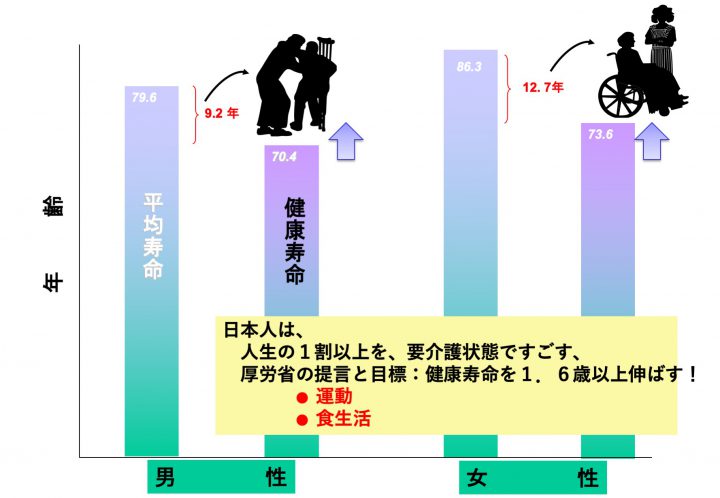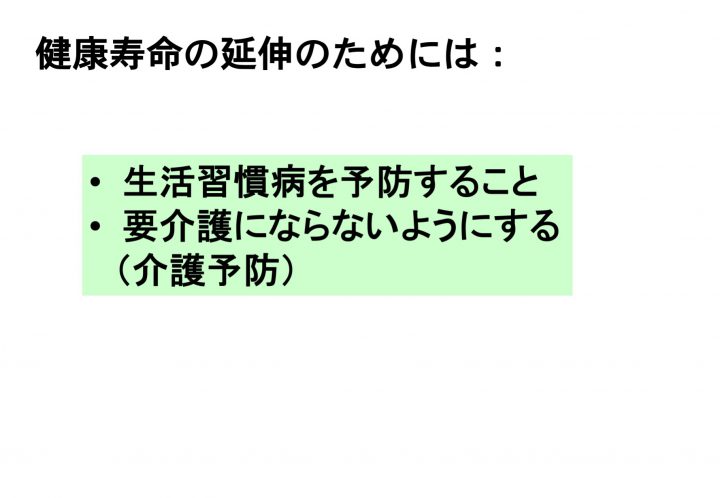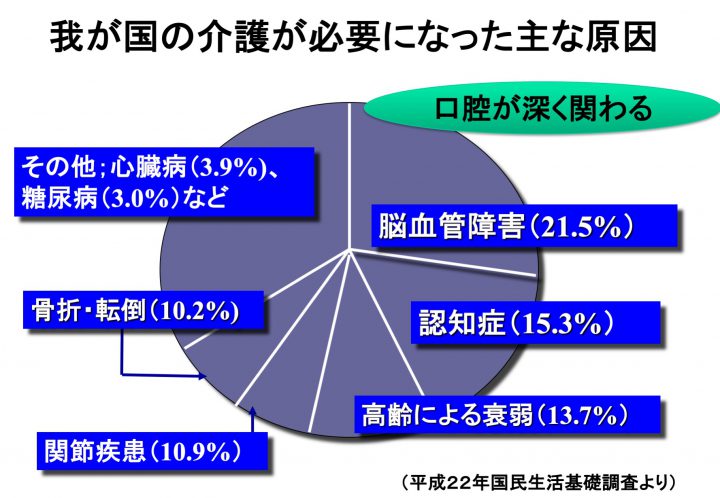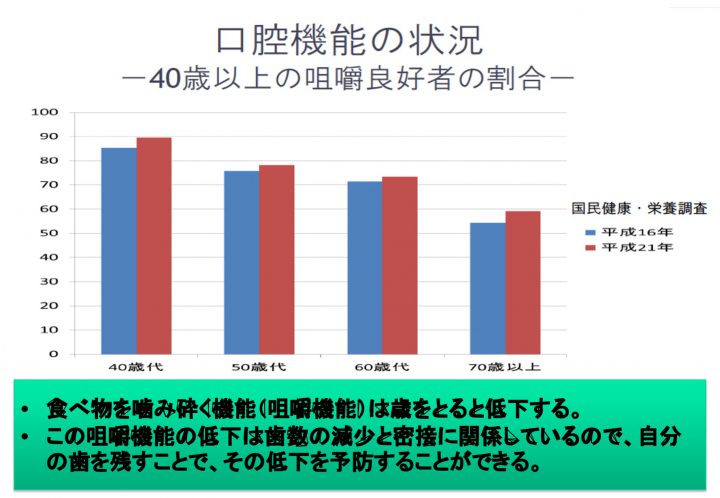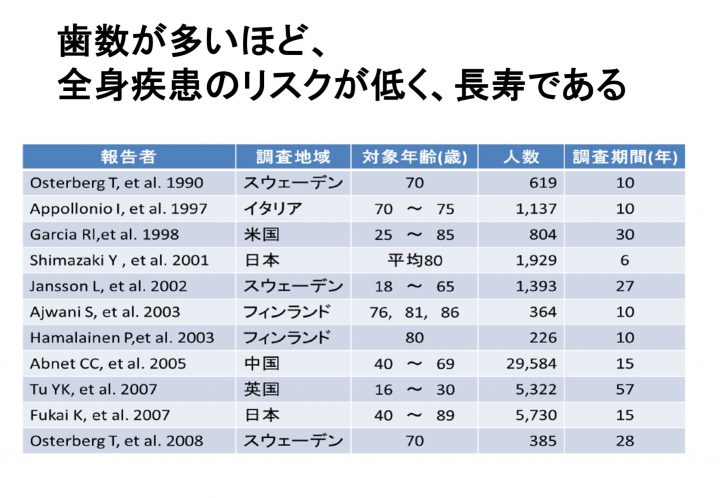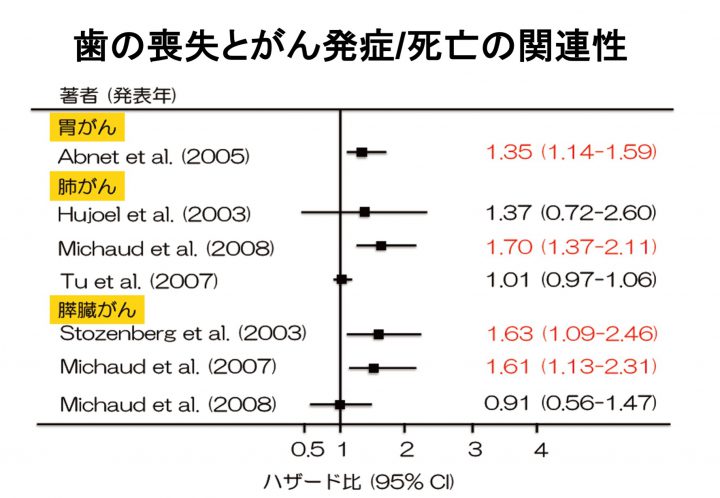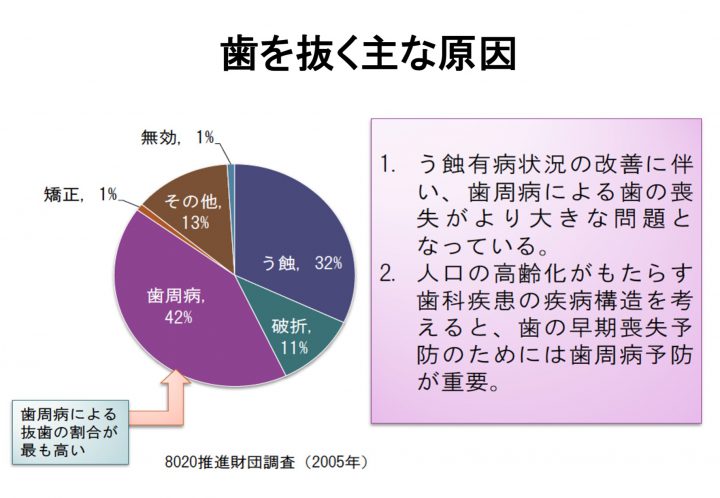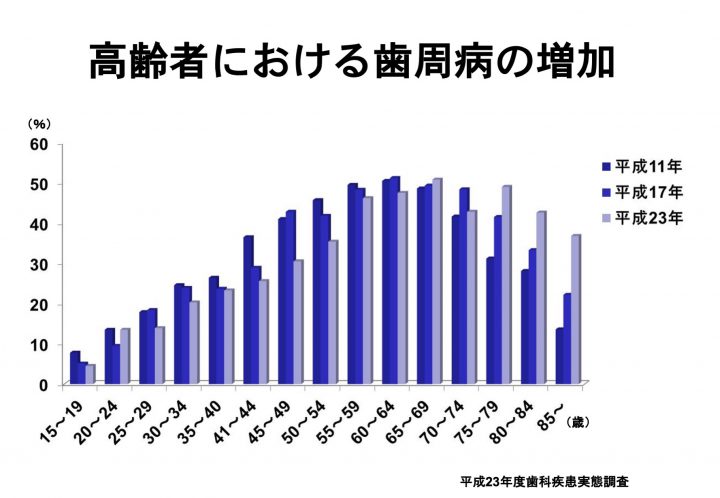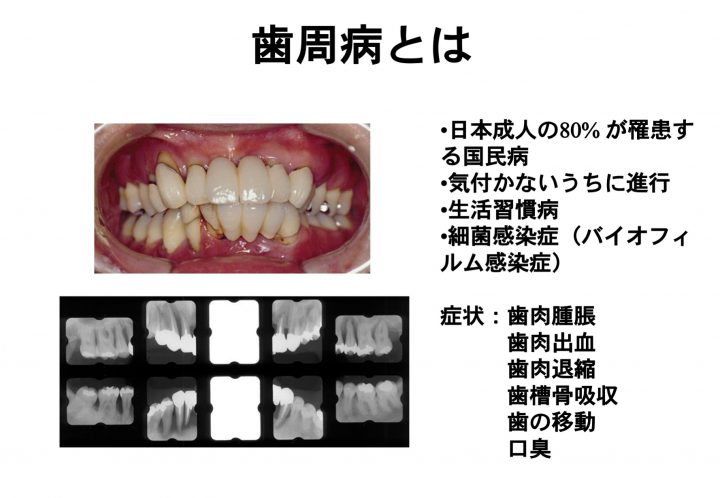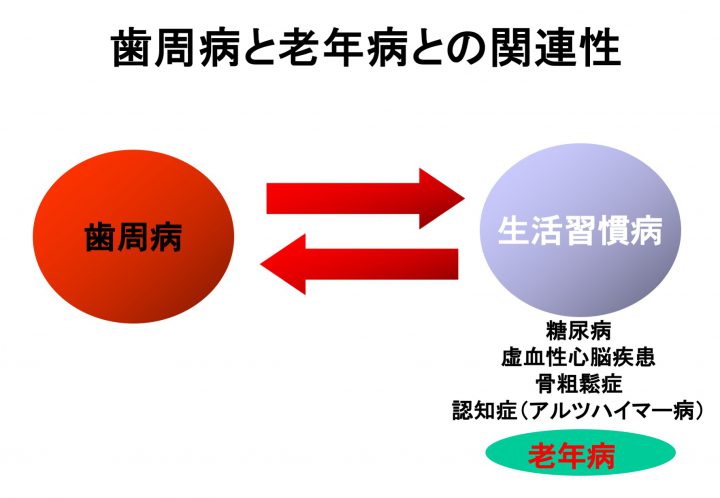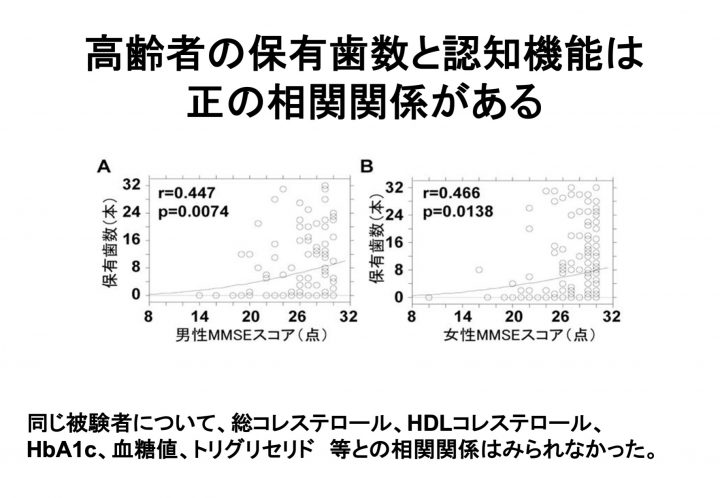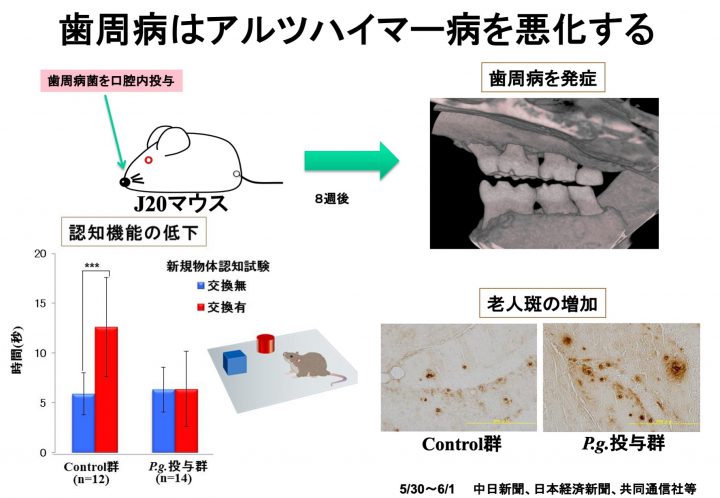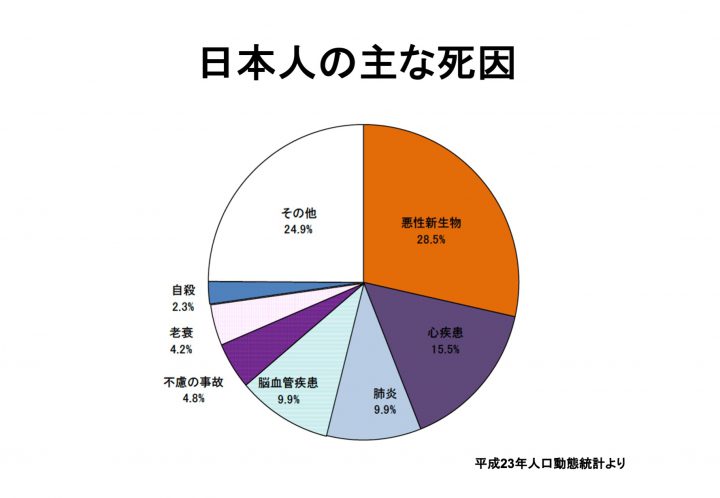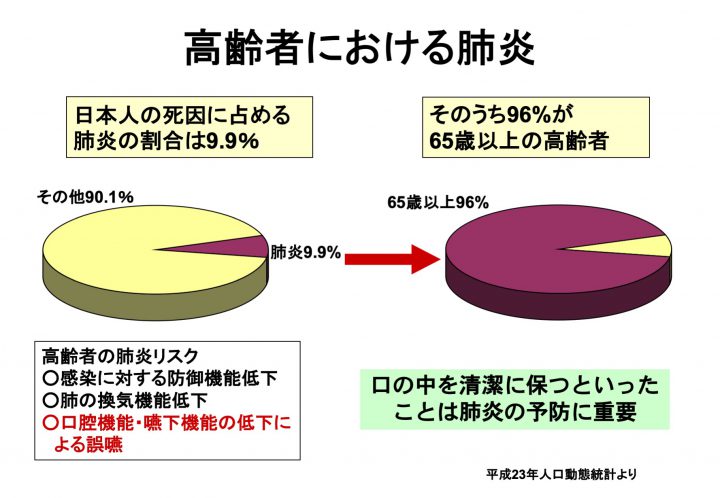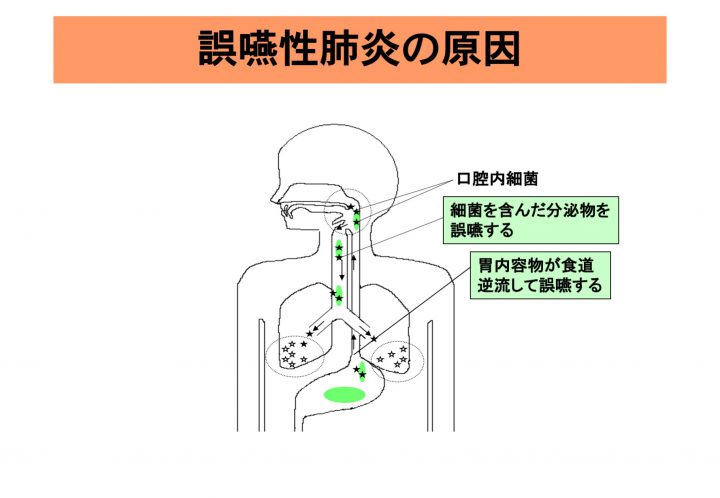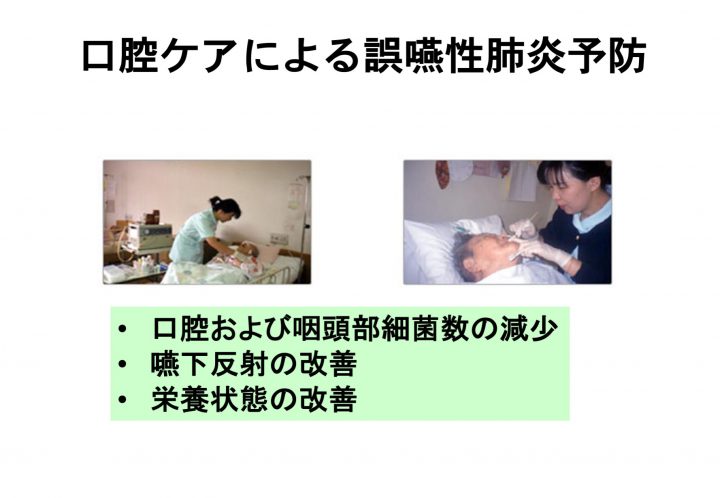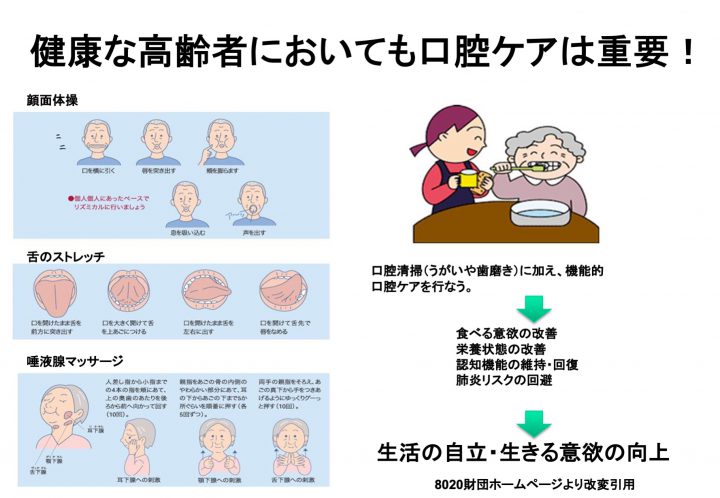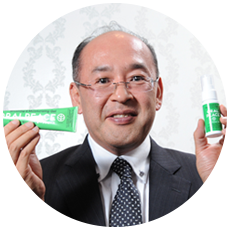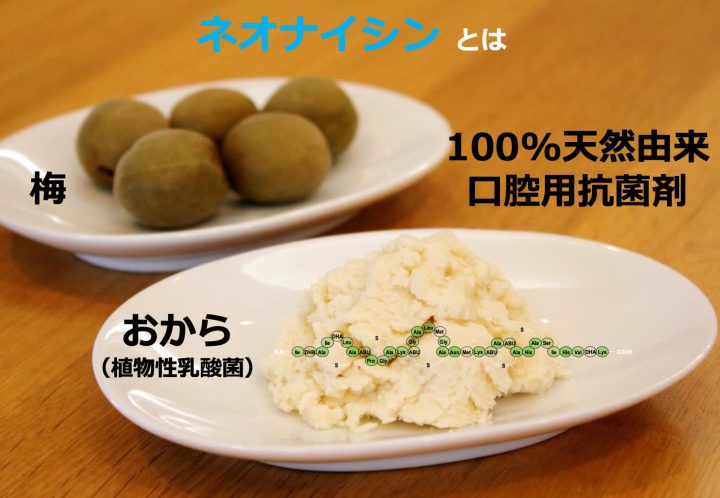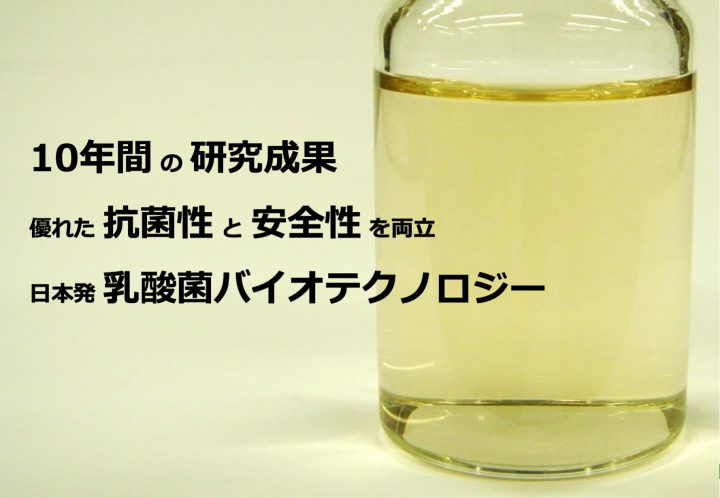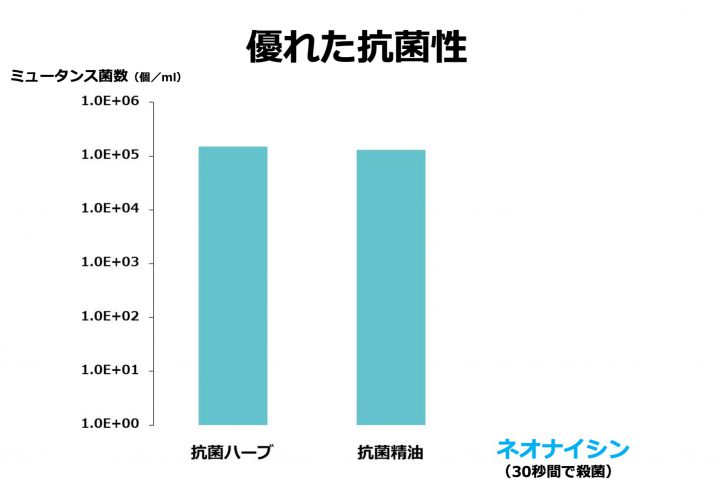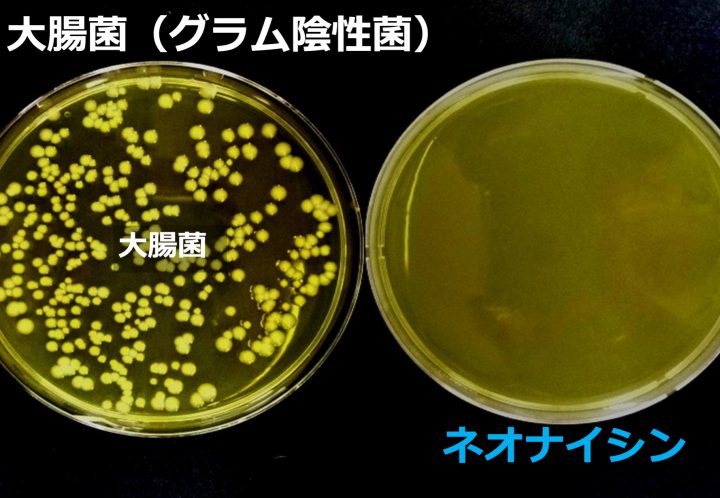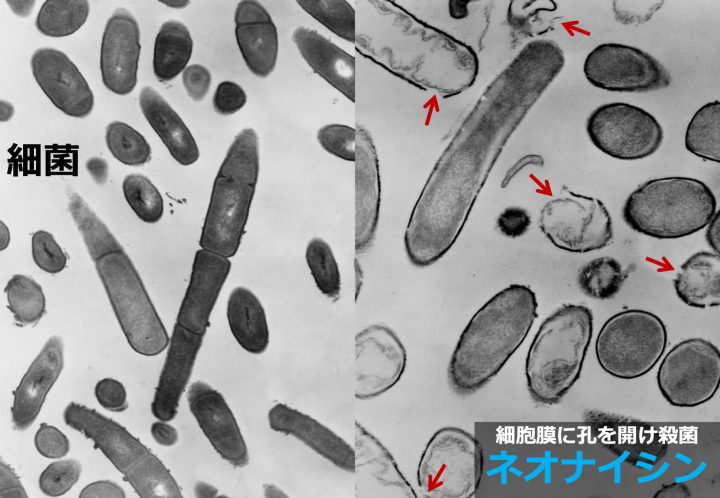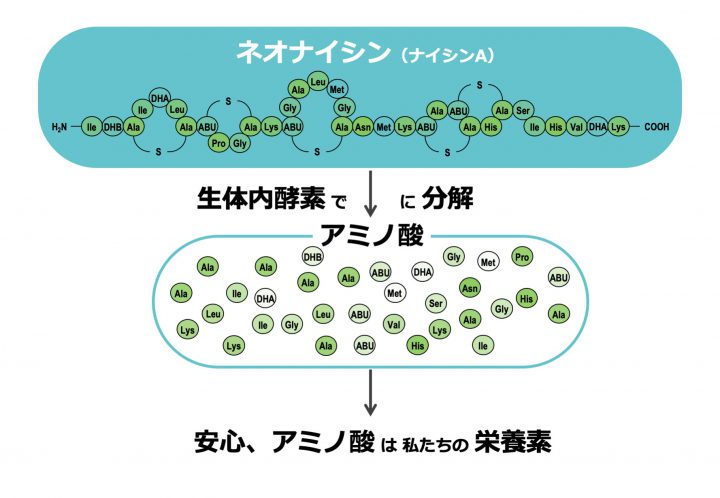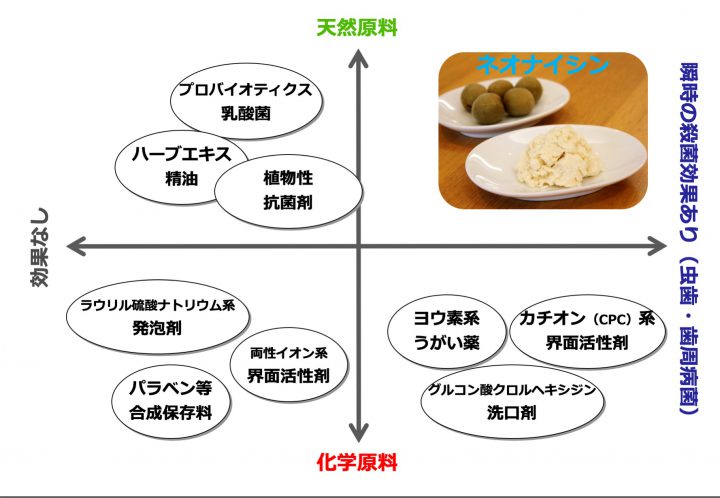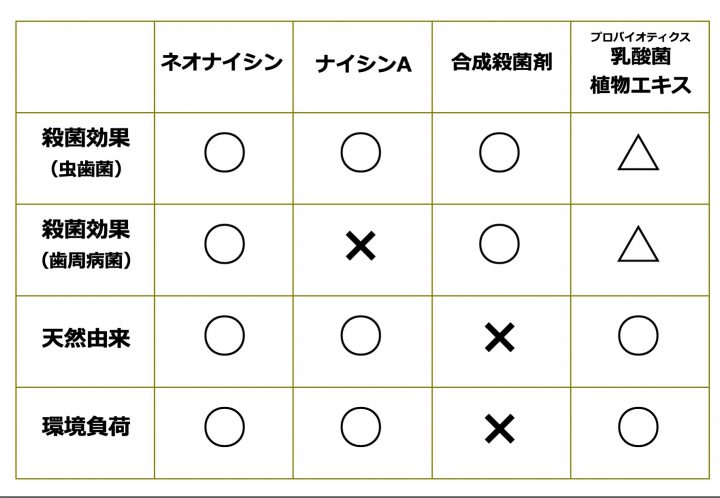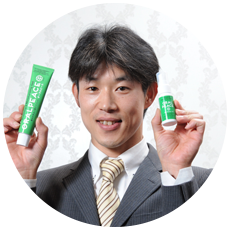What is lactic acid bacterium
Lactic acid bacterium is one of the bacteria that has been deeply related to human life since ancient times, and is a generic term for bacteria that ferment sugar and produce a large amount of lactic acid.
This lactic acid bacterium is widely distributed in nature. In particular, it is found in fermented foods that are familiar to us, and contributes not only to improving their flavor and palatability, but also to their preservability.
Examples include yogurt, cheese, pickles that are fermented mainly by lactic acid bacteria, and traditional brewed foods such as sake, miso and soy sauce.
Characteristics of lactic acid bacteriocin
In addition, lactic acid bacteria enhance the shelf life of foods by performing lactic acid fermentation.
This is because lactic acid bacteria make lactic acid and various antibacterial substances in foods.
One of them is an antibacterial peptide (protein) called bacteriocin, which is attracting attention as a safe antibacterial material.
The features of lactic acid bacteriocin are as follows.
1) Heat and acid resistance
2) As soon as it enters the body, it is decomposed into amino acids and is safe.
3) Instant sterilization at ultra-low concentration (1/1 billion, ppb level) compared to general antibacterial agents and antibiotics
4) Resistant bacteria are less likely to occur
5) Kill multidrug-resistant bacteria such as MRSA and VRE
6) Kill only harmful bacteria of interest
7) Tasteless and odorless
Bacteriocin "Nisin" made by lactic acid bacteria
Our laboratory has focused on antibacterial peptides (proteins and bacteriocins) made by highly safe lactic acid bacteria that have been eaten since ancient times, and has conducted various joint research with local companies.
As one of the achievements, we have succeeded in practical application (formulation) of the most famous lactic acid bacterium bacteriocin "Nisin" into a healthcare product.
"Nisin" is a small protein (a peptide consisting of 34 amino acids) made by lactic acid bacteria (Lactococcus lactis).
It mainly shows antibacterial activity against bacteria that are closely related to lactic acid bacteria that make nisin (gram-positive bacteria). Its antibacterial mechanism kills the bacteria of interest by puncturing the cell membrane.
This nisin has three analogs (“NisinA”, “NisinZ”, “NisinQ”).
The first discovery was "Nisin" made by lactic acid bacteria isolated from fermented milk in 1928. In 1953, a British company first commercialized and sold the "Nisin" formulation.
After that, "Nisin" was approved by the international organization WHO / FAO in 1969 and its safety by the US FDA in 1988.
As a result, "Nisin" has come to be used as a safe food preservative in more than 50 countries around the world.
"Nisin" derived from "tofu" in Japan
The lactic acid bacterium used in our laboratory is the lactic acid bacterium (Lactococcus lactis) found in the tofu “Okara” from Fukuoka Prefecture, and the lactic acid bacterium that we have is the most capable of producing “Nisin”.
The high-purity "Nisin" used for "Neonisin®" is made from the fermentation broth of this excellent lactic acid bacterium.
In the future, through discovering unique antibacterial peptides (bacteriocins) and conducting various research, we will put "Neonisin®︎" into practical use in healthcare and develop safe antibacterial agents for each purpose.
